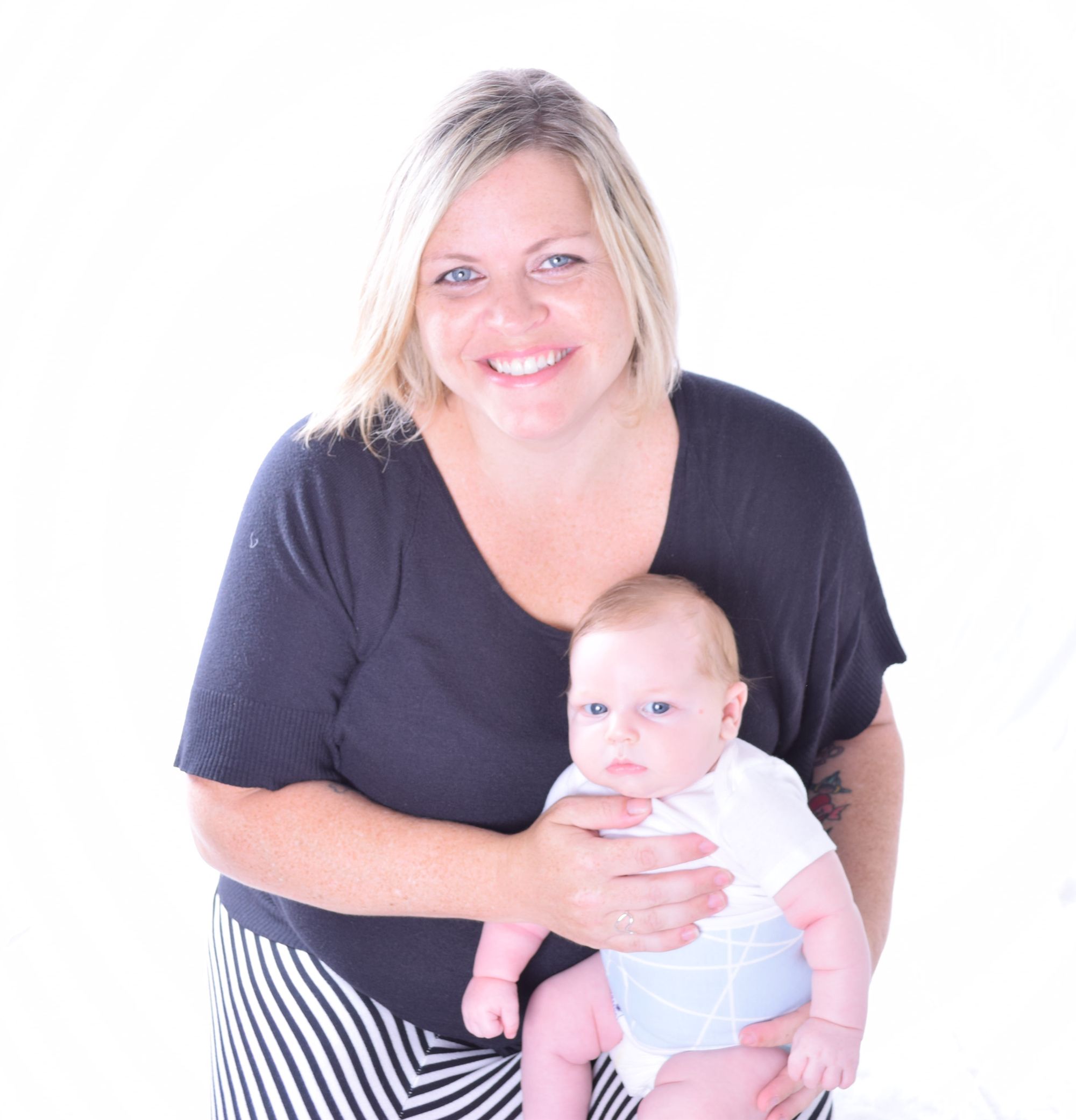What Can You Do For Your Baby
It is very usual for parents to become impatient in order to provide some relief to their babies from sufferings. In regards to infant gas problems, there is no specific baby gas medicine which is appropriate for all situations. Try not to use over-the-counter drugs, since they are not intended for babies. According to the American Academy of Pediatrics, you can give simethicone gas drops to your baby which will solve this gas issue.
Your baby has a chronic colic problem, you can try some formulas specialized for treating colic babies.
However, this treatment doesnt work all the time and has a mediocre effect in treating the problem. Thus, we do not recommend taking this action without consulting a pediatrician. There are many safe and effective home remedies which will certainly help your little one to provide some relief. Newborn baby gas problem home remedy treatments are discussed below in details.
How To Tell If Baby Has Gas
Gas and related issues can start from when baby is a few weeks old all the way up through the toddler stage. But baby gas tends to be the worst when baby is 4 to 12 weeks old, with a peak around 8 weeks old, OConnor says. They tend to have a lot of trouble with digestion. But once they hit the three-month mark, most babies are able to get through it and find other problems to distract themselves with.
Of course, it can be hard to know if baby gas is the cause of your childs discomfort, especially when they cant tell you whats going on. But there are a few common signs of a gassy baby you can look out for:
-
Red-faced
-
Pulling legs up toward the tummy
-
Passing gas
The way to know for sure that baby gas is to blame is when baby actually burps or farts. If you get a few burps out of baby or do something else to move things along, most babies are relieved of the symptoms and will stop crying, OConnor says.
Sometimes, however, these gassy baby symptoms can indicate another problem. OConnor says, When baby keeps crying despite passing gas, you know that theres something else going on, like reflux, constipation or colic, which is sometimes confused for extended gassiness in baby.
If your child isnt gaining weight and seems to have the telltale signs of a gassy baby, contact your doctor so they can perform a complete medical evaluation to rule out other possible issues, such as a dairy intolerance.
How To Remedy Gas Pains
Even with all of these things taken into account, some babies will still have a hard time with gas. The good news is that there are many different remedies for helping your baby through the discomfort. Here are some places to start.Bicycle Their Legs
Position your baby on their back and move their legs in a bicycling motion. This puts a little pressure on their stomach that may move the gas through.Make Time for Tummy Time
Give your baby regular periods of adult-supervised time on their tummies. Not only will this help move gas bubbles through, but its good for their head and neck development, as well.Carry Them Around
Carry your baby either in the football hold or upright in a baby carrier or sling. This will put enough gentle pressure on their tummies to keep the gas moving
Try Infant Massage
Position the baby on their back and massage their tummy with your fingertips, rubbing in small, gentle, clockwise circles beneath their rib cage and down to their diaper area.
Use a Gas Aid
Related Topics
You May Like: What Causes Spit Up In Newborns
When Should You Worry
Most of the time, infant gas is normal and treatable. But in rare cases, it can be the first sign of a more serious digestive problem, says Jenna Faircloth, PharmD, of Cincinnati Childrens Hospital Medical Center in Ohio. Contact the doctor right away if your baby:
- Does not poop, has bloody stools, or vomits.
- Is very fussy. If you cant get them to calm down, a doctor needs to check for a problem.
- Has a fever. If they have a rectal temperature of 100.4 F or higher, a doctor needs to rule out infection. If they are under 3 months of age, take them to the doctor right away.
Can Breastfeeding Make Baby Gassy

Some research has found that the foods in a mom’s diet might make breastfed babies gassy, but the evidence is far from conclusive. Before you completely revamp what you’re eating, see if there are other subtle ways you can help your baby swallow less air at mealtimes, including working on your latch, burping baby twice at each feeding and trying different nipples or bottles if you pump.
If your breastfed baby is still gassy, and you notice that every time you eat a certain food he seems gassier or fussier than usual, theres no harm in cutting that food from your diet to see if it helps. Work with your doctor to nail down foods that might make breastfed babies gassy, including:
- Cruciferous veggies like cabbage, Brussels sprouts and cauliflower
- Dairy and eggs
You May Like: When To Give Newborn A Bath
Supplements To Help Baby Gas Pain
How Often Does A Baby Poop
First of all, it is important to know how often the average baby will poop depends on his or her age as well as on if being breastfed or formula-fed:
- A newborn baby will pass meconium 24-48 hrs from birth. The stool may change in color becoming greenish on day 4.
- From day 5 or 6 of living, newborns may poop after every feeding. The frequency may vary, ranging from 4 episodes to 12 episodes per day. The texture may be soft and runny. And the color may be yellowish, yellow-green, or brownish.
- At 1-month-old, the average is still some 4 times per day. Breastfed babies usually poop after feeding. Some may go for days without pooping. This is because the gut of the newborn absorbs all the components from the breastmilk, leaving small waste to go down or none at all.
- At 3 months, a fully breastfed baby may go for up to 5 to 10 days without pooping. They grow rapidly and digest practically everything they consume. This can continue until the baby is introduced to solid baby food.
- Formula-fed babies should continue pooping more or less every day.
Remember that the variation can be quite large and your baby is not likely to be constipated unless you notice some of the symptoms described below.
As you can see, there is no ONE correct answer to the question of how long can a baby go without pooping.
Recommended Reading: How To Flip A Newborn’s Sleep Schedule
Home Care For Toddlers With Gas
The following tips may provide some relief for toddlers with gas problems .
How To Deal With Babies And Gas
Many infants fart, and this is not a big deal to their mothers. However, excessive farting could be a sign that they are having difficulties with gas in their stomachs. This is common for kids between two weeks and four months. As a mother, you may be wondering how to deal with babies and gas and if excessive farting is actually a big deal.
Doctors say that most adult humans fart at least 23 times in a day, but babies should not be farting this much. More than once every couple of hours can be a signal of an issue. If your baby is farting more than this frequency, you should be concerned. Before we look at how to get rid of gas for such an infant, we will discuss what the common symptoms that accompany these farts to help you understand what to look for in this case.
SYMPTOMS OF BABY GASMost children who fart excessively also bloat, burp, or belch. Some fuss a lot while others experience stomach cramps that make them cry a lot. Baby gas also causes irritation and restlessness in a child. Some have constant hiccups while others experience flatulence. You may notice that the tummy of your baby is harder than it should be. An irregularity during urination as well as fever are also signs of baby gas.
Don’t Miss: What To Put In Diaper Bag For Newborn
How To Help Babies Who Have Excess Gas
If burping doesn’t help, Marinus recommends a few other steps to help relieve or prevent gas:
How Is Ftt Diagnosed
Weight is the best indicator of nutritional status and you childs weight should be monitored at each clinic visit. Obtaining your childs height is also important however a single measurement of height is less valuable for the diagnosis of FTT than several height measurements over time . Linear growth may be affected in children with malnutrition, but this usually indicates a prolonged period of poor nutrition.
Most children with non-organic FTT present with growth failure in the first year of life and usually come to medical attention by 6 months of age. In children with organic FTT, the time of presentation is more variable and is dependent on the childs underlying medical condition.
When FTT is recognized, your doctor will talk with you about your childs symptoms, obtain a dietary history and perform a physical examination.
Your childs doctor may request that you provide food records for your child and will likely involve a dietician to assess your childs food and nutrition needs. Often, as a first step, an appropriate diet will be instituted with the help of a dietician to make certain that adequate calories are provided to allow for catch-up growth for your child. In the event of difficulties with breast feeding, a lactation specialist may be asked to help. It may be necessary to involve other specialists to assess the developmental stage of your child and/or your childs feeding skills.
Read Also: How To Add Your Newborn To Medicaid
Also Check: How To Tell If A Newborn Is Deaf
How To Relieve A Baby With Intestinal Gas
Follow these tips to help with a gassy baby:
- If breastfeeding, be sure babys lips form a good seal far back on the areola.
- If bottle feeding, be sure babys lips are positioned on the wide base of the nipple, not just on the tip.
- Tilt the bottle at a thirty-to-forty-degree angle while feeding so that air rises to the bottom of the bottle, or try collapsible formula bags.
- Eliminate fuss foods from your diet if breastfeeding
- Feed baby smaller volumes more frequently
- Keep baby upright during and for a half-hour after a feeding.
- Avoid prolonged sucking on pacifiers or empty bottle nipples.
- Respond promptly to a babys cries. First and foremost, be sure to burp baby during and after feedings. You can also try the following techniques and remedies to relieve a gassy baby:
- Abdominal massage
- Baby bends. Lie baby on his/her back, bend knees and legs toward abdomen applying gentle pressure on tummy.
- Simethicone drops
Older Children With Gas

Although it can also be normal, older children with gas can have an underlying medical condition causing their gas, including lactose intolerance, irritable bowel syndrome, malabsorption, or celiac disease.
Fortunately, they are often better at describing associated symptoms, such as bloating, diarrhea, and abdominal pain, etc. Older children also often recognize the association between their symptoms and specific foods, including milk, fruits, or vegetables.
Don’t Miss: How To Tell If Your Newborn Is Lactose Intolerant
